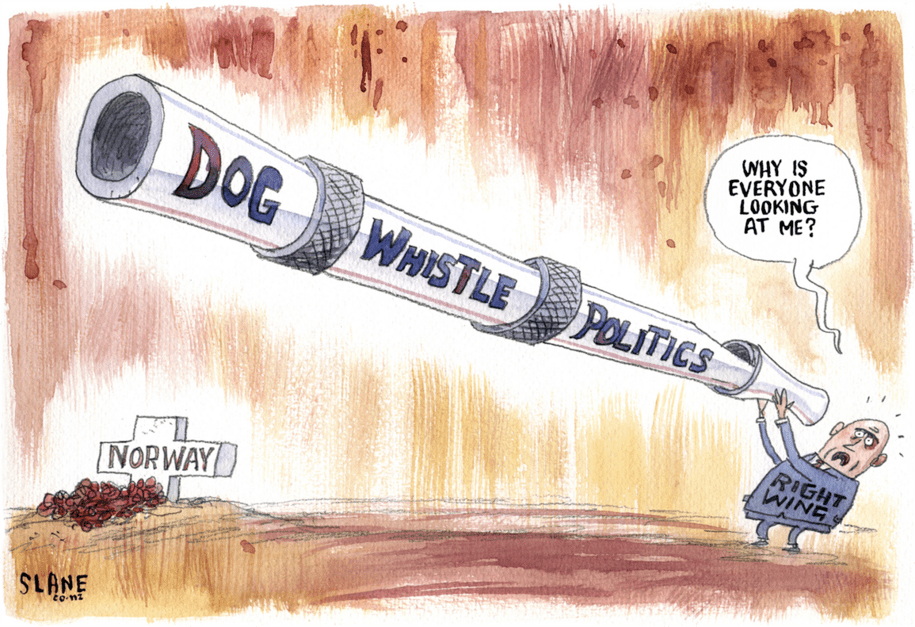It gets kinda frustrating.
Dog Whistle 1: “No one wants to work!” This is a far-right dog whistle about how the government is broken, Biden is demented, and we’re all descending into socialism where people are paid to sit on their couches and smoke weed. Ironically, this narrative is put forth largely by people that have stock portfolios which are performing well and live in expensive houses. Is the economy truly crumbling around them? It doesn’t seem so, per se. But, it’s a good culture wars flashpoint, so let’s roll with it. Personally I think there is a small subset of people who want to get paid weekly or monthly to sit around and smoke weed. Most people want something to do, because that’s the core of adulthood to many — some form of purpose or vocation or way to “earn your own keep.” The whole narrative is a dog whistle, and plus, the benefits being discussed are supposed to end in August/September, so we’ll see where the narrative goes from there.
Dog Whistle 2: “Everyone will quit if they can’t be remote.” This is just completely flawed logic. First, a lot of people want to work in-office — somewhere on the order of 33-40%. Why? It’s the easiest way to access decision-makers and get advanced yourself. So 4 in 10 people, this probably doesn’t apply to. Here’s the second tier: life is expensive. 11 million Americans spend more than 50% of their monthly income on housing, typically in large, innovation-driven coastal areas. If you have a job there and they say “You need to come back to the office,” well, you might start job-searching, yes. But you’re not going to quit, because you need an income source for housing, food, and assorted bills. It’s a very simple TikTok and Instagram video narrative to say “No remote? I quit!” The reality of life is that you need money. So, you might search, but until there’s a backup or a side hustle runs up to the main tier, you’re not just going to quit.
Dog Whistle 3: “There’s this massive skills gap!” I’ve actually written about this a couple of times, including here and here. There are some roles, and some emergent technologies, where a true skills gap exists. The problem with the narrative is that the real story is about how much companies are willing to pay for certain roles, and/or how much autonomy they provide. You can’t get good people if you pay like shit and have a reputation as a hellscape. So we invent this dog whistle side narrative that everyone is lazy and under-skilled, but the reality is, you’re paying people like pigs and dogs (pigs, slobs, and dogs?) and expecting to get Ferrari-level talent. That’s not how the market is or was ever supposed to work.
When we don’t discuss employment in logical and rational ways, how can we get anywhere on what needs to be done next?

On #2: Even if you work for a company managed by reasonable people, odds are between the Board of Directors and “Your Job Title” there’s someone responsible for maximizing profit.
Sooner or later, the firm will have money challenges and That Person will decide who gets #piped and who’s employed another day.
That football joke you share with a Silo VP might mean the difference between keeping your job or not. Most employees realize this , which is why smart ones opt to work in person even if they personally don’t want to. Basic human psychology > “a revolution in how we do remote work”